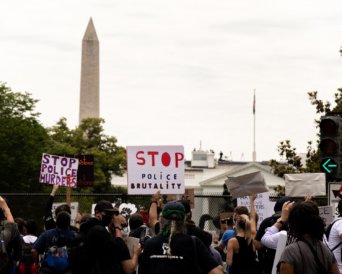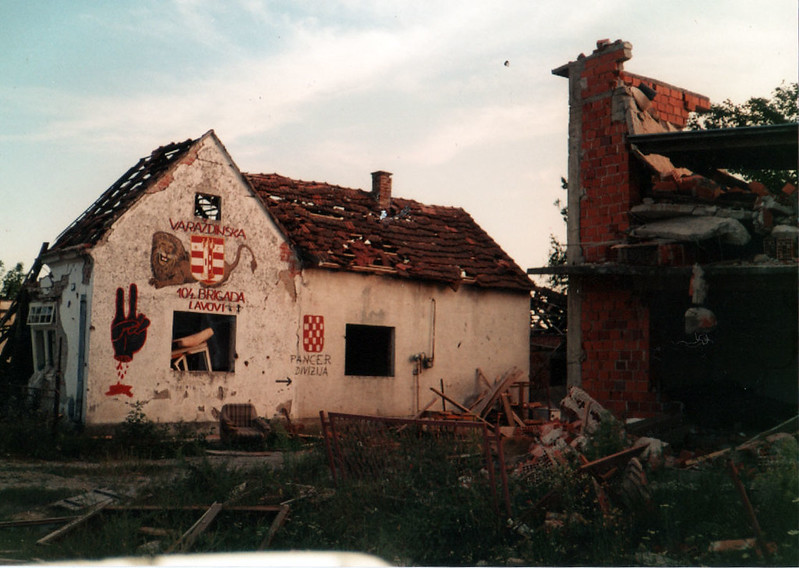- About
- Topics
- Picks
- Audio
- Story
- In-Depth
- Opinion
- News
- Donate
- Signup for our newsletterOur Editors' Best Picks.Send
Read, Debate: Engage.
| topic: | Migration |
|---|---|
| located: | Croatia, Hungary, Slovenia |
| editor: | Katarina Panić |
After Hungary, Slovenia and Croatia closed their borders to undocumented immigration, people on the move increasingly started using the so-called 'southern route'. For more than two years, human rights activists have documented Croatian police physically abuse people crossing its borders both from Bosnia and Herzegovina and Serbia. The Croatian government repeatedly rejects all the allegations, suggesting the migrants injure themselves.
With coronavirus lockdown measures relaxed and with the warmer days here, what is called 'the game' started once again. The game is what migrants call their attempt to cross the border with Croatia. It also had led to new cases of police brutality. Last month, the Guardian reported about a group of men who were pushed back after being beaten and having crosses spray-painted on their heads. Last week, Amnesty International called up the European Union not to remain silent anymore.
"Between eight and ten people wearing black uniforms and balaclavas identical to those used by Croatia's Special Police, fired their weapons in the air, kicked and repeatedly hit the restrained men with metal sticks, batons and pistol grips. They then rubbed ketchup, mayonnaise and sugar that they found in one of the backpacks on migrants' bleeding heads and hair and their trousers," Amnesty stated on June 11. They also called up the European Commission (EC) to investigate the latest reports of "horrifying police violence against migrants and asylum-seekers".
Moreover, the EC faces allegations that it covers up Croatia's failure to monitor police, according to the leaked internal email correspondence from officials in Brussels published by the Guardian on June 15. It reads the Croatian government spent only €102,000 on a monitoring mechanism of a total of €300,000 from EU funds intended for that purpose. The EC dismissed the U.K. newspaper, claiming its officials discussed "the possibility of intervening in the member state's planned report due to the poor handling of the matter by the Croatian government."
The same day, the EU observer reported the EC intends to send officials to monitor the Croatian border "to ensure that the activities of the Croatian border guards remain fully compliant with the respect of fundamental rights." Meanwhile, the European Court of Human Rights has five Croatian police brutality cases pending. The people on the move are among the applicants too.

